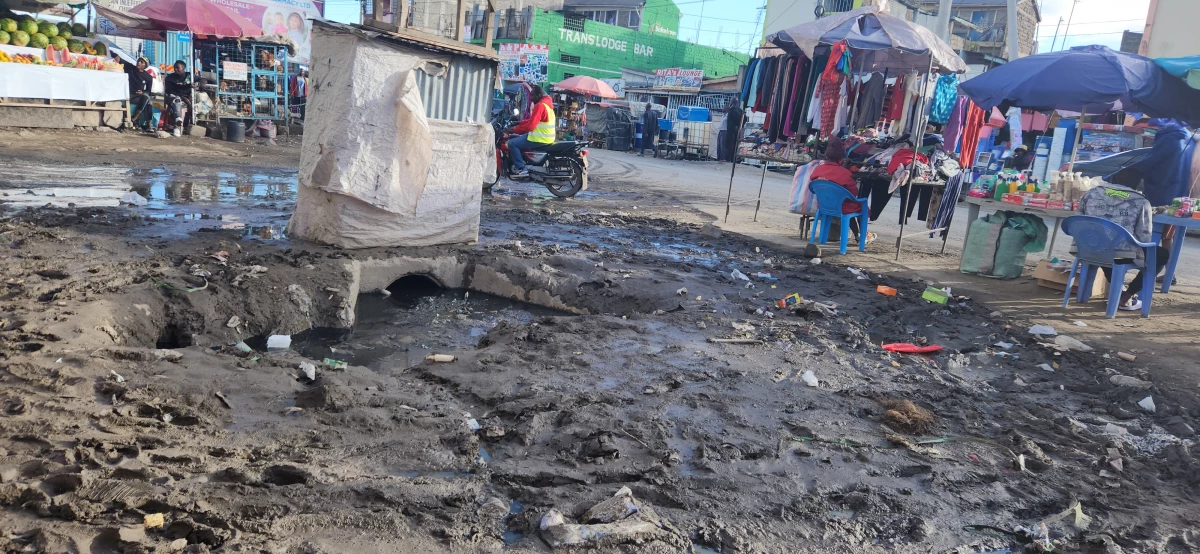Will President Ruto’s 42-Member Task Force on Femicide and GBV Deliver Tangible Results?
resident Ruto appoints a 42-member task force to address rising GBV and femicide cases in Kenya. Key focus: policy gaps, survivor support, and public consultations.

In response to the alarming rise in gender-based violence (GBV) and femicide in Kenya, President William Ruto has established a 42-member task force. While this initiative signals governmental acknowledgment of the crisis, it prompts critical questions about its potential effectiveness, given the historical context of similar efforts in the country.
A Familiar Pattern of Task Forces?
Kenya has a history of forming task forces to address pressing issues, yet many have failed to produce tangible outcomes. The absence of clear implementation mechanisms and accountability measures often renders these initiatives symbolic rather than transformative. Will this new task force deviate from this pattern, or is it destined to become another bureaucratic formality?
For instance, without a defined strategy for executing its recommendations, the task force's findings may remain unacted upon. What assurances exist that its proposals will translate into actionable policies with allocated resources? Without robust accountability structures, this initiative risks becoming yet another well-intentioned effort lacking meaningful impact.
Representation Gaps: Are Key Voices Missing?
Another significant concern lies in the composition of the task force. While it includes prominent figures such as former Deputy Chief Justice Nancy Baraza and Nairobi Women’s Hospital founder Dr. Sam Thenya, there is little clarity about the representation of survivors, grassroots activists, and marginalized communities who are disproportionately affected by GBV.
Individuals directly affected by GBV and those working at the grassroots level offer invaluable insights into systemic failures and unique challenges faced by vulnerable populations, such as rural women and the LGBTQ+ community. Their exclusion could result in overlooked perspectives crucial for developing effective, inclusive solutions.
While the inclusion of investigative journalist Franklin Wallah and survivor-activist Wangu Kanja is commendable, it remains uncertain whether their participation fully encapsulates the diverse experiences of all affected groups. A truly comprehensive approach necessitates balanced representation that integrates policy expertise with grassroots realities.
Skepticism Amid a Crisis
The urgency of Kenya’s GBV epidemic cannot be overstated. With over 100 women reportedly killed in the past four months and 7,107 cases of sexual and gender-based violence reported since September 2023, the need for action is undeniable. However, skepticism lingers about whether the task force can deliver meaningful change.
Beyond forming task forces, the government must address systemic shortcomings in law enforcement, prosecution, and survivor support systems. Previous initiatives, such as specialized police units and 'Safe Homes Safe Spaces,' have shown promise but remain underfunded and poorly monitored. Will the task force tackle these operational challenges, or will it focus solely on high-level recommendations?
While the establishment of the task force is a positive acknowledgment of Kenya's GBV crisis, its success depends on overcoming the historical pitfalls of similar initiatives. Without actionable outcomes, inclusive representation, and accountability, this effort risks being another unfulfilled promise.
The government must move beyond symbolic gestures to demonstrate a genuine commitment to eradicating femicide and GBV. Only through decisive action can Kenya make meaningful strides toward protecting its citizens and fostering a society free from violence.
Read More:
What's Your Reaction?














































































































